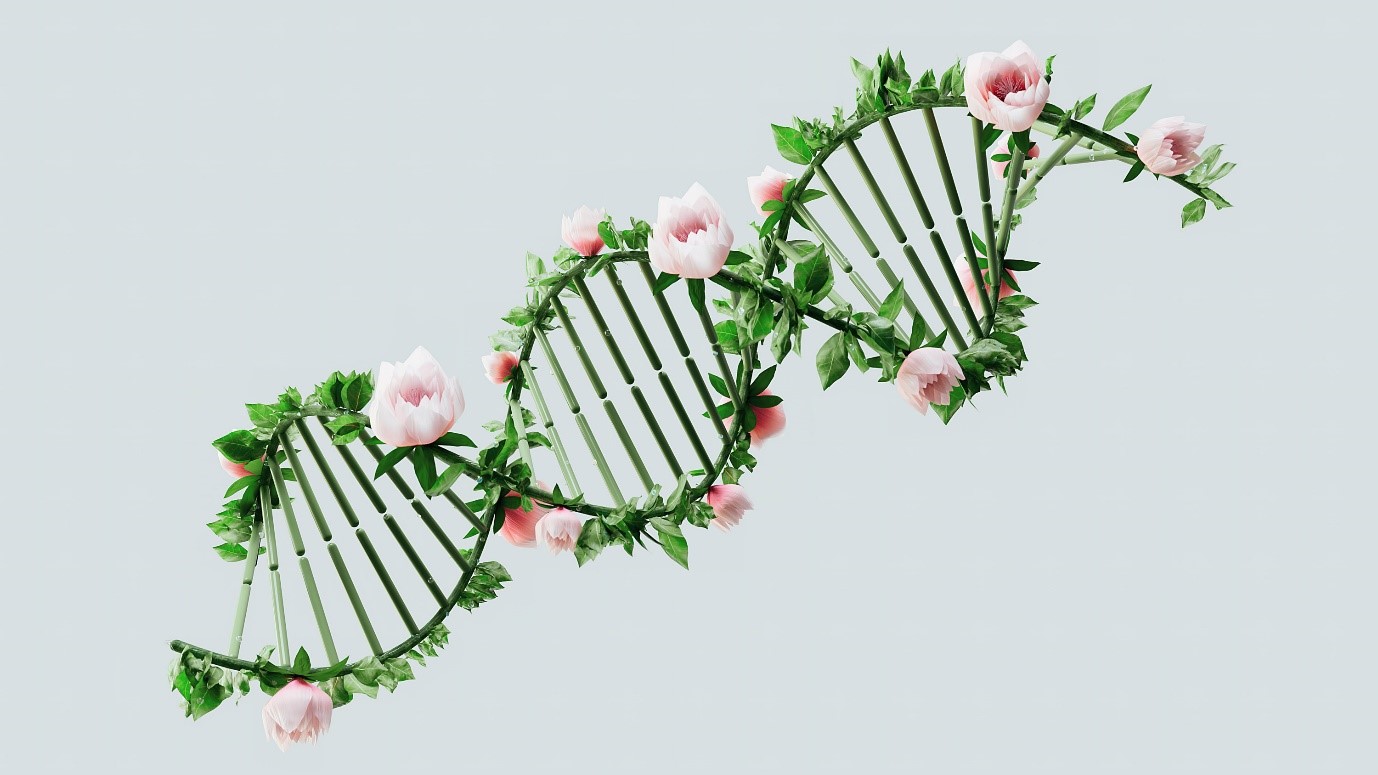DeepMind Is Using AI To Pinpoint the Causes of Genetic Disease
Google DeepMind, renowned for its achievements in artificial intelligence, has taken on the challenge of the human genome. They have developed an AI system capable of predicting which DNA variations in our genomes may lead to disease. These predictions have the potential to accelerate the diagnosis of rare disorders and may offer insights for drug development.

Figure 1. DeepMind Is Using AI To Pinpoint the Causes of Genetic Disease
Figure 1shows DeepMind, originally founded in London and later acquired by Google, gained recognition for its AI programs that excel in video games and have even mastered complex board games like Go. The company ventured into the field of medicine with the introduction of Alpha Fold, a program that can accurately predict the three-dimensional structure of proteins—a significant milestone in biology. This new endeavour into genomics marks another step in DeepMind's contributions to the medical field.
Google DeepMind has refined its protein structure prediction model to identify which genetic variations in human DNA are likely harmless and which could lead to diseases. The new software, named Alpha Missense, is outlined in a report published in the journal Science. As part of this project, DeepMind is sharing tens of millions of these predictions with the public. However, the company is not providing direct access to download the model due to concerns about potential biosecurity risks if this technique were to be applied to other species.
Google DeepMind's recent work in fine-tuning its AI model to predict the impact of genetic variations in human DNA on health is part of a broader effort to understand the root causes of diseases and potentially expedite diagnosis and treatment development. While not intended for direct diagnoses, such computer predictions are already aiding doctors in pinpointing the genetic factors behind enigmatic medical conditions.
The three-year project, led by DeepMind engineers Jun Cheng and Žiga Avsec, includes the release of predictions for 71 million possible genetic variants, particularly missense mutations that involve altering a single DNA letter, potentially changing the protein produced by a gene. However, experts caution that the commercial value of such AI advancements remains uncertain. The ultimate test for AI in healthcare is whether it can lead to new cures, a milestone yet to be achieved. Some AI-designed drugs are in testing, and the field of creating novel proteins with AI assistance is gaining traction.
DeepMind's project primarily aims to improve the diagnosis of rare diseases, especially in patients with puzzling symptoms. It aids in the analysis of "variants of uncertain significance" in genomic data, helping predict which DNA changes are likely benign and which may be pathogenic. Nevertheless, experts stress that computer predictions are just one piece of the puzzle and that a full assessment requires additional clinical and genetic evidence.
While AI models in this domain have improved, they are not infallible, and definitive conclusions about the pathogenicity of genetic mutations typically rely on a combination of patient data, family inheritance patterns, lab tests, and public resources like CLIN Var. Experts caution against overstating the certainty of AI predictions in a medical context.
Google DeepMind has developed Alpha Missense, a new AI model based on its previous protein structure prediction model, Alpha Fold. Alpha Missense predicts the impact of genetic variations in human DNA and aims to assist in the diagnosis of rare diseases. It leverages prior biological knowledge gained from Alpha Fold, reducing the computational resources required for its development.
While DeepMind has provided free access to its predictions for human genes and made its work replicable, it is not releasing the entire model for immediate download due to biosecurity concerns. The company is concerned about potential misuse if the model were applied to analyze the genes of non-human species, which could have unintended consequences, including the design of dangerous bacteria or bioweapons. DeepMind has sought to ensure responsible use of its technology, and the restriction primarily limits the use of the model for non-human protein sequences.
Source:MIT Technology Review
Cite this article:
Janani R (2023),DeepMind Is Using AI To Pinpoint the Causes of Genetic Disease,Anatechmaz,pp.757

